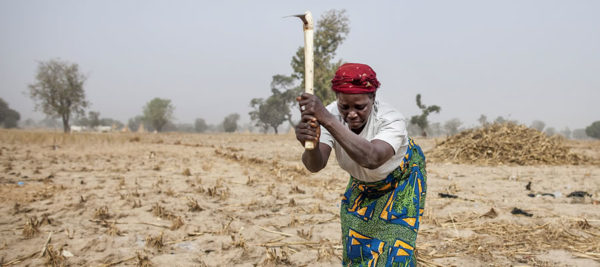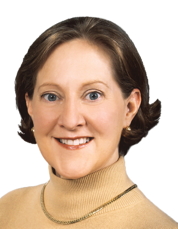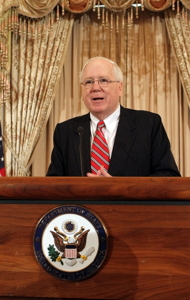Tag: Gates Foundation

Three Steps for Transforming Agriculture to Feed the World
Africa & Middle East: Gates Foundation Agricultural Development Director tells Farming First about a new global roadmap that will bring us closer to Zero Hunger.
Read MoreAchieving SDG2 #StartsWithFarmers
Africa & Middle East: Director of Agricultural Development at Gates Foundation charts innovations that will empower farmers to tackle SDG2.
Read More#FoodPrize15 Twitter Chat Summary
Global: Get a full recap of the #FoodPrize15 Twitter Chat with leading spokespeople at next week's Borlaug Dialogue and Farming First supporters.
Read More


